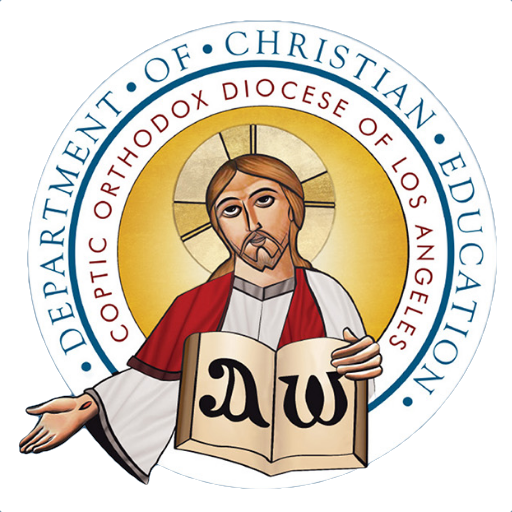On Healing an Older Woman With a Fever ~ St. John Chrysostom
(Mat 8:14-15 & Luke 4:38-41)
Now when Jesus had come into Peter’s house, He saw his wife’s mother lying sick with a fever. So He touched her hand, and the fever left her. And she arose and served them (Mat 8:14-15)
He (Jesus) used to visit His disciples...so honoring them, ...but do you mark, I pray, here also Peter’s reverence towards Him. For though he had his wife’s mother at home lying ill, and very sick of a fever, he drew Him not into his house, but waited first for the teaching to be finished, then for all the others to be healed; and then when He had come in, besought Him. Thus from the beginning, he was instructed to prefer the things of all others to his own.
Therefore neither does he himself bring Him in, but He entered of His own accord (after the centurion had said, “I am not worthy that You should come under my roof” ): to show how much favor He bestowed on His disciple. And yet consider what sort were the houses of these fishermen, but for all that, He disdained not to enter into their huts, teaching you, by all means, to trample underfoot human pride.
And sometimes He heals by words only; sometimes He even stretches forth His hand, sometimes He does both these things, to bring into sight His way of healing. For it was not His will always to work miracles in the more surpassing manner: it being needful for Him to be concealed awhile, and especially as concerned His disciples, since they out of their great delight would have proclaimed everything. And this was evident from the fact that even after coming to the mount, it was necessary to charge them that they should tell no man (Mat 17:9).
He Heals Better Than Physicians
Having, therefore, touched her body, He not only quenched the fever but also gave her back perfect health. Thus, the disease being an ordinary one, He displayed His power by the manner of healing; a thing which no physician’s art could have wrought. For you know that even after the departing of fevers, the patients yet need much time to return to their former health. But then all took place at once.
And not in this case only, but also in that of the sea. For neither did He quiet the winds only and the storm, but He also stayed at once the swelling of the waves; and this also was a strange thing. For even if the tempest should cease, the waves continue to swell for a long time. But with Christ, it was not so, but all at once was ended: and so it befell this woman also. Wherefore also the evangelist, to declare this, said, “She arose and ministered unto Him,” which was a sign both of Christ’s power, and of the disposition of the woman, which she showed towards Christ.
And another thing together with these we may hence observe, that Christ grants the healing of some to the faith even of others. Since in this case too, others besought Him, as also in the instance of the centurion’s servant. And this grant He makes, when there is no unbelief in him that is to be healed, but either through disease he cannot come unto Him, or through ignorance imagines nothing great of Him, or because of His immature age.
Do you see the multitude, by this time growing in faith? For not even when the time-pressed could they endure to depart, nor did they account it unseasonable to bring their sick to Him at eventide. But mark, I pray, how great a multitude of persons healed the evangelists pass quickly over, not mentioning one by one, and giving us an account of them, but in one word traversing an unspeakable sea of miracles. Then lest the greatness of the wonder should drive us again to curiosity or doubt, that even so great a people and their various diseases should be delivered and healed by Him in one moment of time, He brings in the prophet also to bear witness to what is going on: indicating the abundance of the proof we have, in every case, out of the Scriptures; such, that from the miracles themselves we have no more; and He says, that Isaiah also spoke of these things; “He took our infirmities, and bare our sicknesses” (Isaiah 53:4). He said not, “He did them away,” but “He took and bare them;” which seems to me to be spoken rather of sins, by the prophet, in harmony with John, where he says, “Behold the Lamb of God, that beareth the sin of the world” (John 1:29).
How then does the evangelist here apply it to diseases? Either as rehearsing the passage in the historical sense, or to show that most of our diseases arise from sins of the soul. For if the sum of all, death itself, has its root and foundation from sin, much more the majority of our diseases also: since our very capability of suffering did itself originate there.
1. Saint Chrysostom, “Homilies on The Gospel of Saint Matthew” in A Selected Library of the Nicene And Post-Nicene Fathers of The Christian Church, vol. 10, edited by Philip Schaff (Grand Rapids: WM. B. Eerdmans Publishing Company, 1888), 180-181.
